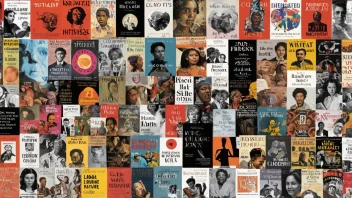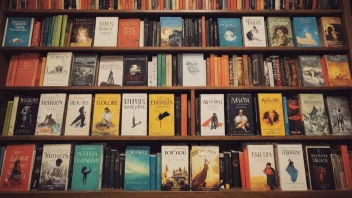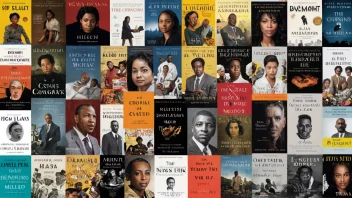The advent of the internet has transformed numerous facets of our lives, and the realm of fantasy writing and fandom is no exception. In the digital age, fans and writers alike have found new ways to connect, share, and create. This article delves into the significant impact the internet has had on fantasy literature and its associated communities.
Firstly, the internet has democratized the publishing landscape. Traditional publishing houses often dictated what stories made it to the shelves, but now, aspiring authors can publish their work online through platforms like Wattpad or self-publishing on Amazon. This shift has led to a surge in diverse voices and narratives in the fantasy genre. Writers from various backgrounds can share their unique perspectives, enriching the genre with fresh ideas and innovative storytelling techniques.
Moreover, the internet has fostered a vibrant community of fans who are more connected than ever before. Online forums, social media groups, and fan websites allow enthusiasts to discuss their favorite books, share fan fiction, and even collaborate on world-building projects. This sense of community encourages readers to engage more deeply with the material, as they can explore theories, discuss character arcs, and celebrate their favorite authors together.
Fan fiction, a unique byproduct of internet culture, has become a significant aspect of fantasy writing. Online platforms enable fans to create their own stories based on established works, giving them a chance to explore alternative plots, character relationships, and even entirely new worlds. This not only enhances reader engagement but also allows authors to see the deep emotional connections their works inspire, often leading to unexpected feedback and interaction between writers and their audiences.
Furthermore, the internet has facilitated the rise of crowdfunding platforms like Kickstarter, which allow writers to fund their projects directly through fan support. This model has enabled many authors to take creative risks and explore unconventional narratives that traditional publishers might overlook. As a result, readers are treated to a more extensive array of fantasy literature, offering everything from epic sagas to intimate character studies.
Another notable impact of the internet on fantasy fandom is the accessibility of content. Readers can now discover new authors and books through blogs, podcasts, and YouTube channels dedicated to book reviews and recommendations. This wealth of resources helps fans find hidden gems and encourages them to explore sub-genres they may not have considered before, broadening the overall landscape of fantasy literature.
In conclusion, the internet has profoundly affected fantasy writing and fandom, creating a more inclusive and collaborative environment for both writers and readers. By democratizing publishing, fostering community engagement, enabling fan fiction, supporting crowdfunding, and enhancing accessibility, the digital realm has reshaped the fantasy genre. As we continue to navigate this ever-evolving landscape, it is clear that the bond between fantasy literature and its fans will only grow stronger.






